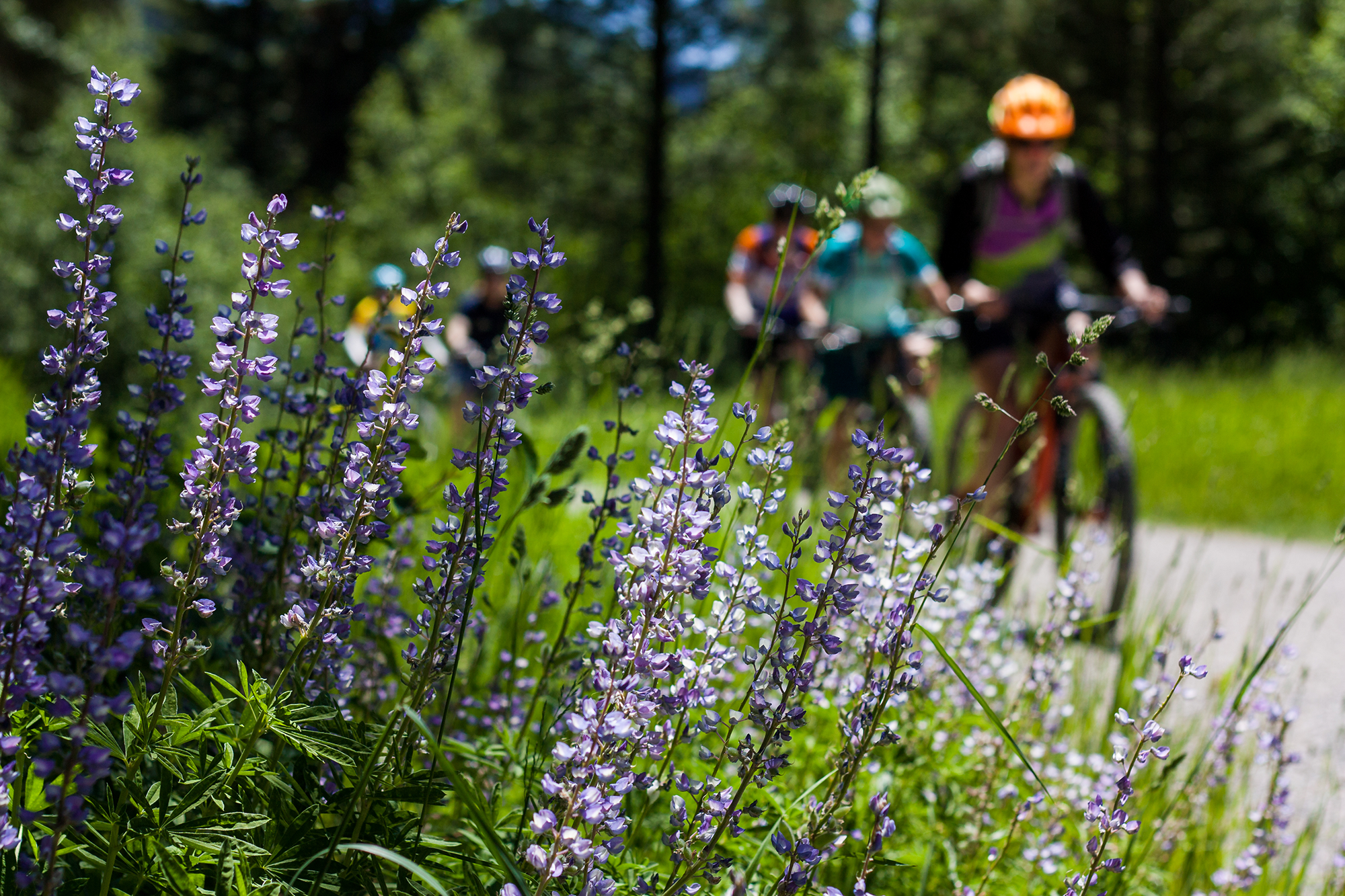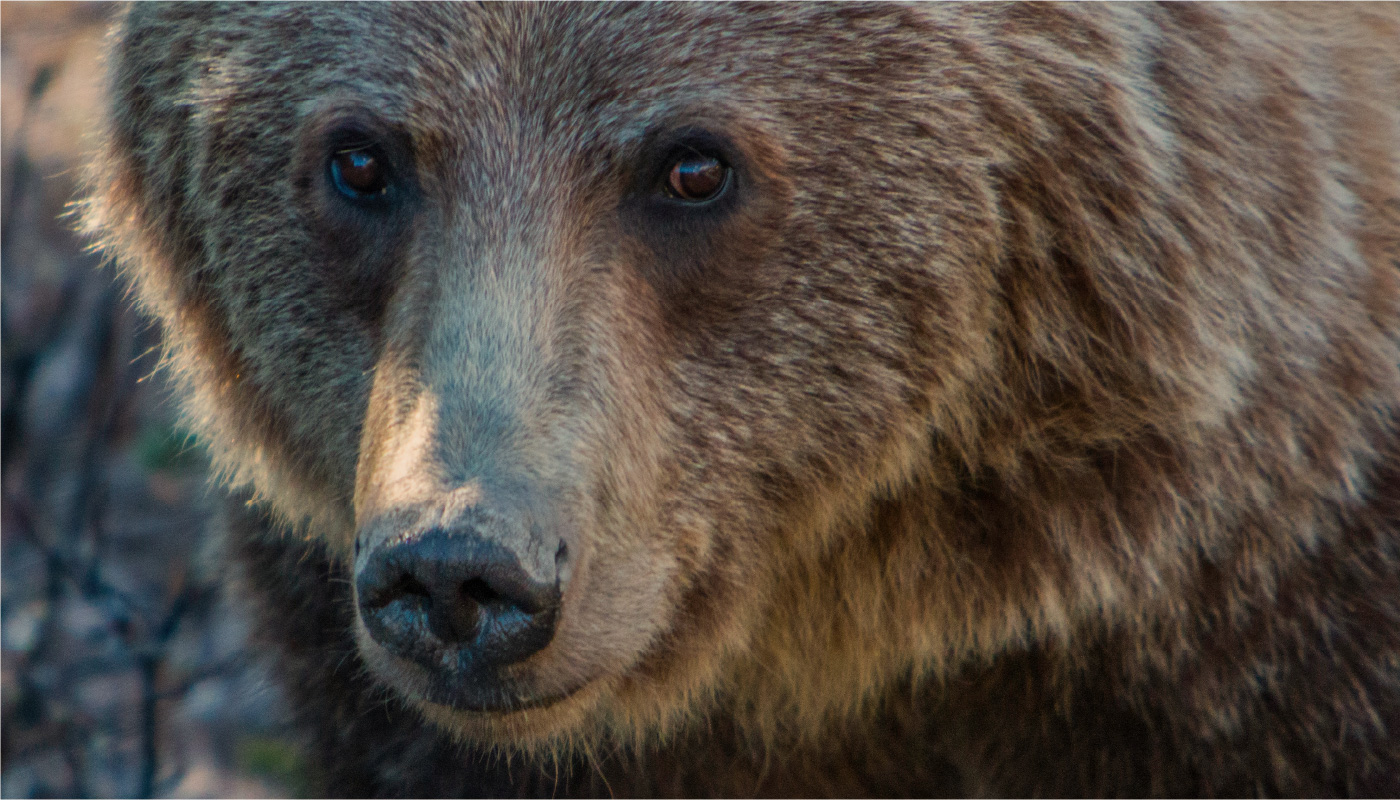In 2018, we awarded Rachel Ackerman a Sarah Baker Memorial Fund grant for her social science research in Idaho’s lower Kootenai River Valley. We caught up with her to learn more about her forward-thinking plan.
The Kootenai River is huge, impressive, and vital to people and wildlife in the basin who rely on its water. It begins its journey high on the western slopes of the Canadian Rockies. Through British Columbia’s gorges and valleys, it sweeps into Montana and north into Idaho before flowing back into B.C. — where it joins into the Columbia River for the end of its 780 kilometer (485 mile) voyage.
Along the way, the Kootenai River provides habitat for birds and many fish — including white sturgeon (Acipenser transmontanus). These are the largest freshwater fish in North America and can live for more than 100 years. The Kootenai River population is endangered, and their spawning grounds on the river have been especially affected by dams and agriculture.
In Idaho, the Kootenai Tribe is working hard to improve white sturgeon’s odds through aquaculture and hatcheries. The Idaho Department of Fish and Game is also managing regional efforts by monitoring white sturgeon spawning rates and locations.
But the stretch of river between the north Idaho communities of Bonners Ferry and Porthill runs almost entirely through a network of private land. Learning what conservation values exist along this part of the river is key. That kind of information helps understand the type of collaborative activities which landowners might be interested in utilizing to meet conservation targets — targets that could improve habitat for those white sturgeon and other species.

A Master’s student in environmental studies at the University of Montana, Rachel Ackerman believes in the importance of finding out about local conservation values and what matters to communities. With a focus on environmental justice, she’s asking fundamental questions such as; what is goal of restoration and how is it inclusive of all people? Whose values drive the process?
“It’s all about how we can work together towards common goals,” she says. “As the field of conservation adapts to changing cultural and environmental conditions, the practice must include conversations about who benefits and who is disadvantaged or left out from environmental pursuits.”
Collaborators on this project include Kootenai Valley Resource Initiative and Cabinet-Purcell Mountain Corridor Collaborative.
To find out the values of people living in Idaho’s lower Kootenai River Valley, this year Ackerman will be conducting focus-group interviews and values-surveys. She’ll canvass neighborhoods and hold a town-hall style meeting. Her work will involve asking questions around local beliefs about conservation and what management techniques residents are open to.
In this way, she’ll learn about residential values in the area, including how participants view the conservation work of organizations like Y2Y. And, crucially, she’ll find out which landowners along the river are interested in working together on conservation targets.
“Rachel’s work resonates well with Y2Y’s vision of harmonizing the needs of people with those of nature,” our conservation scientist Dr. Aerin Jacob says.
“This kind of social science research is a critical part of durable conservation. Rachel’s work will help Y2Y and partners to better understand this part of the important Cabinet-Purcell Mountain Corridor.”
The Sarah Baker Memorial Fund supports student projects that advance Y2Y’s conservation strategy and result in tangible benefits within the region. Sarah Jocelyn Baker’s appreciation for the natural world and ability to find solutions resonate with the aspirations and vision of Y2Y. We are honored to carry her spirit forward through the Sarah Baker Memorial Fund. Thanks to a gift from her extended family, Y2Y is able to offer grants to post-secondary students and postdoctoral fellows pursuing environmentally related studies in any post-secondary institution.


